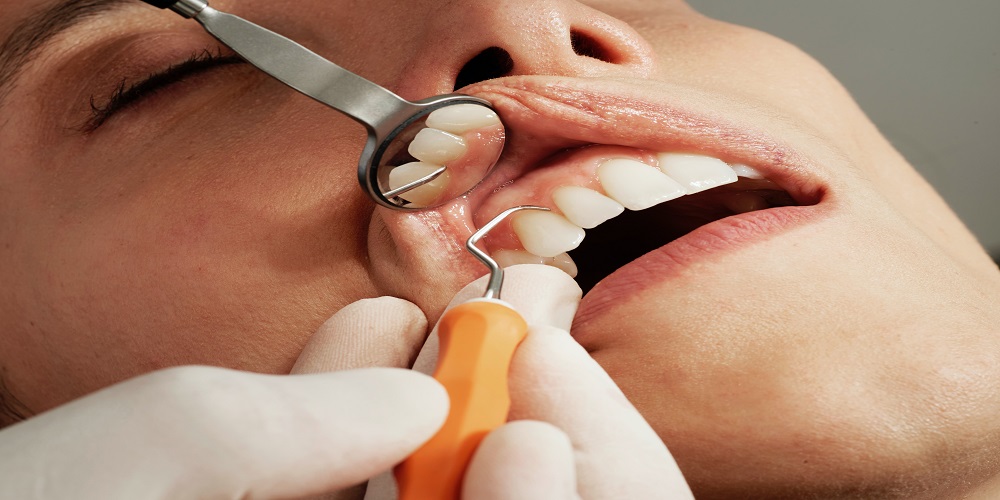Eating with dentures can be a new experience for many individuals. Whether you’re getting full or partial denture, adjusting to eating with them may take some time. However, with a few helpful tips and a little practice, you can become comfortable and confident in enjoying your meals with denture

Start denture practice by eating Soft Foods
When you first start wearing denture, denture professionals advise you to begin with soft foods. These include mashed potatoes, soups, cooked vegetables, and soft fruits. Soft foods are easier to chew and will allow you to gradually get accustomed to the feeling of chewing with denture. As you gain confidence, you can gradually introduce firmer foods into your diet.
As a good dental practice always Take Small Bites
To make eating more manageable, take small and deliberate bites. Cutting your food into smaller, bite-sized pieces will help you chew more comfortably and reduce the strain on your denture. By taking your time and chewing slowly, you can prevent any discomfort or potential slippage of your dentures.
Use Both Sides of your mouth when chewing
Distribute the chewing motion on both sides of your mouth to maintain balance and stability. This technique helps prevent your denture from shifting or tilting while you eat. Chewing evenly also ensures efficient digestion and avoids putting unnecessary strain on specific areas of your mouth.
Avoid Sticky or Hard Foods
Initially, it’s best to avoid sticky or hard foods that can be challenging to chew with dentures. Such foods include sticky candies, nuts, tough meats, and hard bread. These foods can cause your dentures to dislodge or create discomfort. As you become more accustomed to your dentures, you can gradually reintroduce these foods in moderation, being mindful of how they affect your chewing experience.
Practice Speaking and Chewing Simultaneously
Practice speaking and chewing simultaneously to enhance your ability to speak clearly while wearing dentures. This exercise can help improve your speech and coordination with your new dental appliances. Start with simple words and gradually progress to more complex sentences. This exercise will boost your confidence in social situations and make dining with dentures a more comfortable experience.
Be Mindful of Hot Foods and Drinks
Hot foods and beverages can pose a risk for denture wearers. Dentures can insulate the mouth, making it difficult to sense extreme temperatures. Therefore, be cautious when consuming hot foods and drinks to prevent burns or damage to your dentures. Allow them to cool down to a comfortable temperature before taking a bite or sip.
Maintain Good Oral Hygiene
Proper oral hygiene is crucial to ensure the longevity and functionality of your dentures. Clean your dentures thoroughly after each meal using a soft bristle or brush. Soak your dentures overnight to keep them clean and free from bacteria. Remember to clean your gums and tongue to maintain oral health.
Adapting to eating with dentures requires patience and practice. By starting with soft foods, taking small bites, and chewing evenly, you can gradually become accustomed to eating with dentures. Being mindful of hot foods and maintaining good oral hygiene is essential for oral health. With time, you will gain confidence, and eating with dentures will become a comfortable and enjoyable experience.
